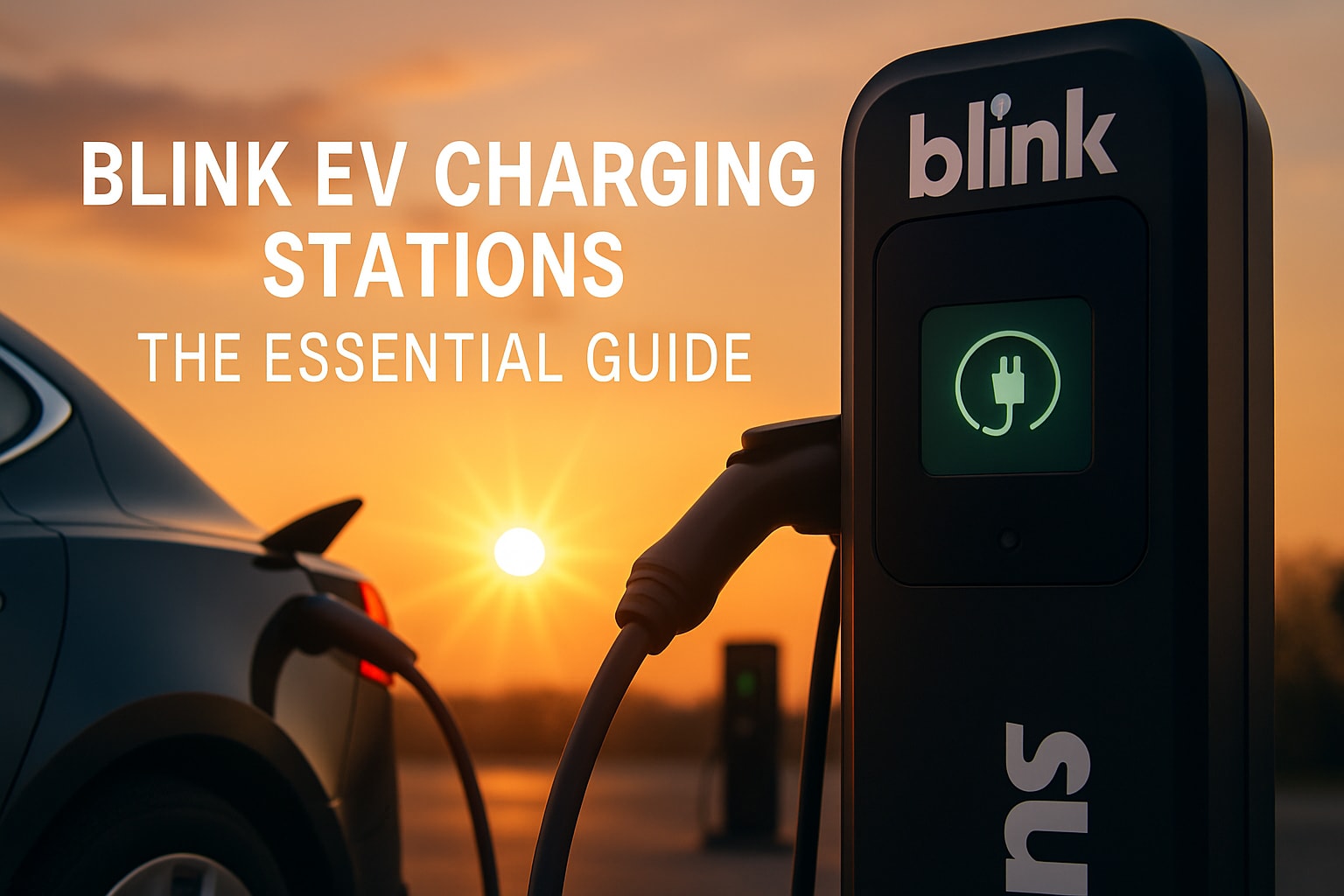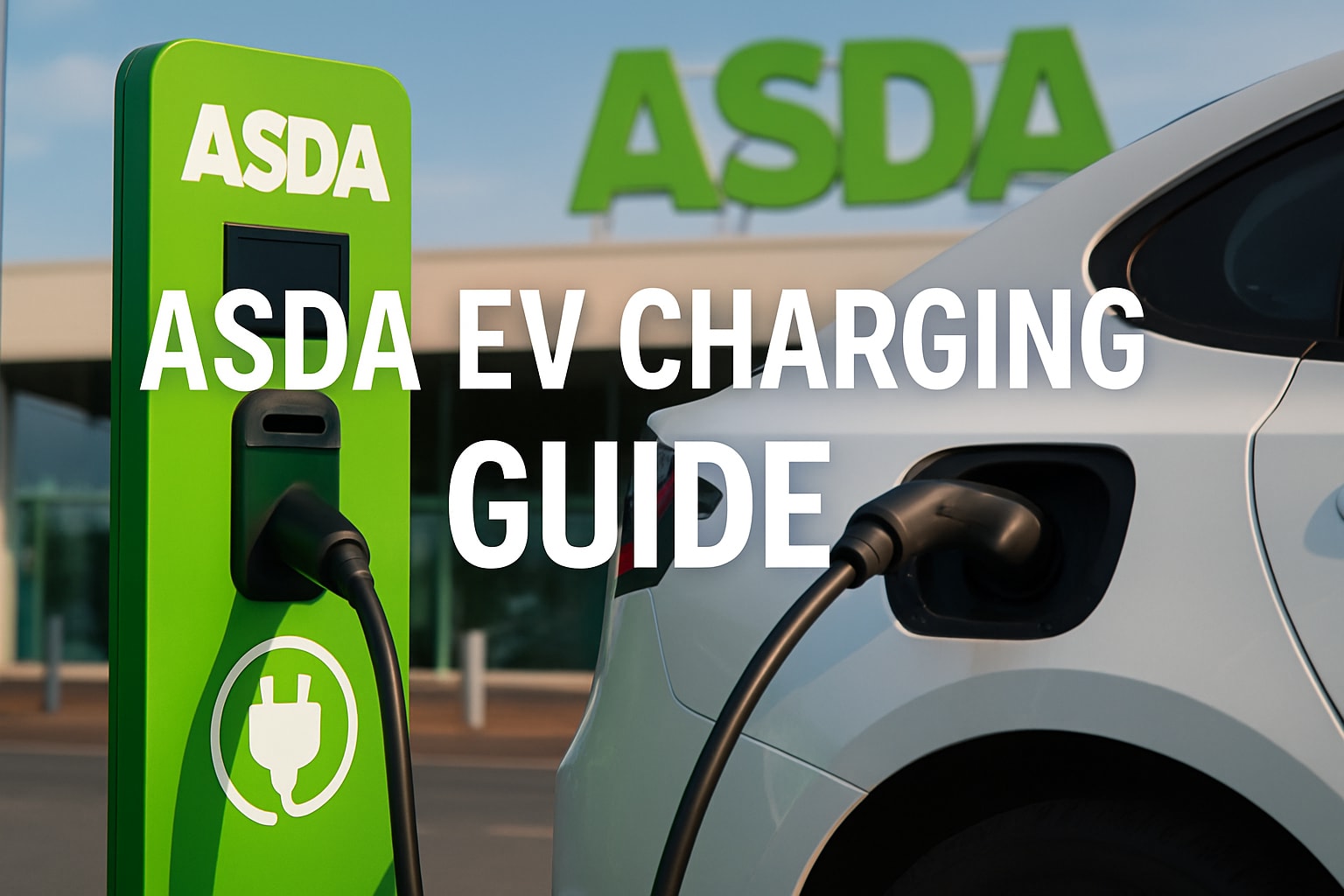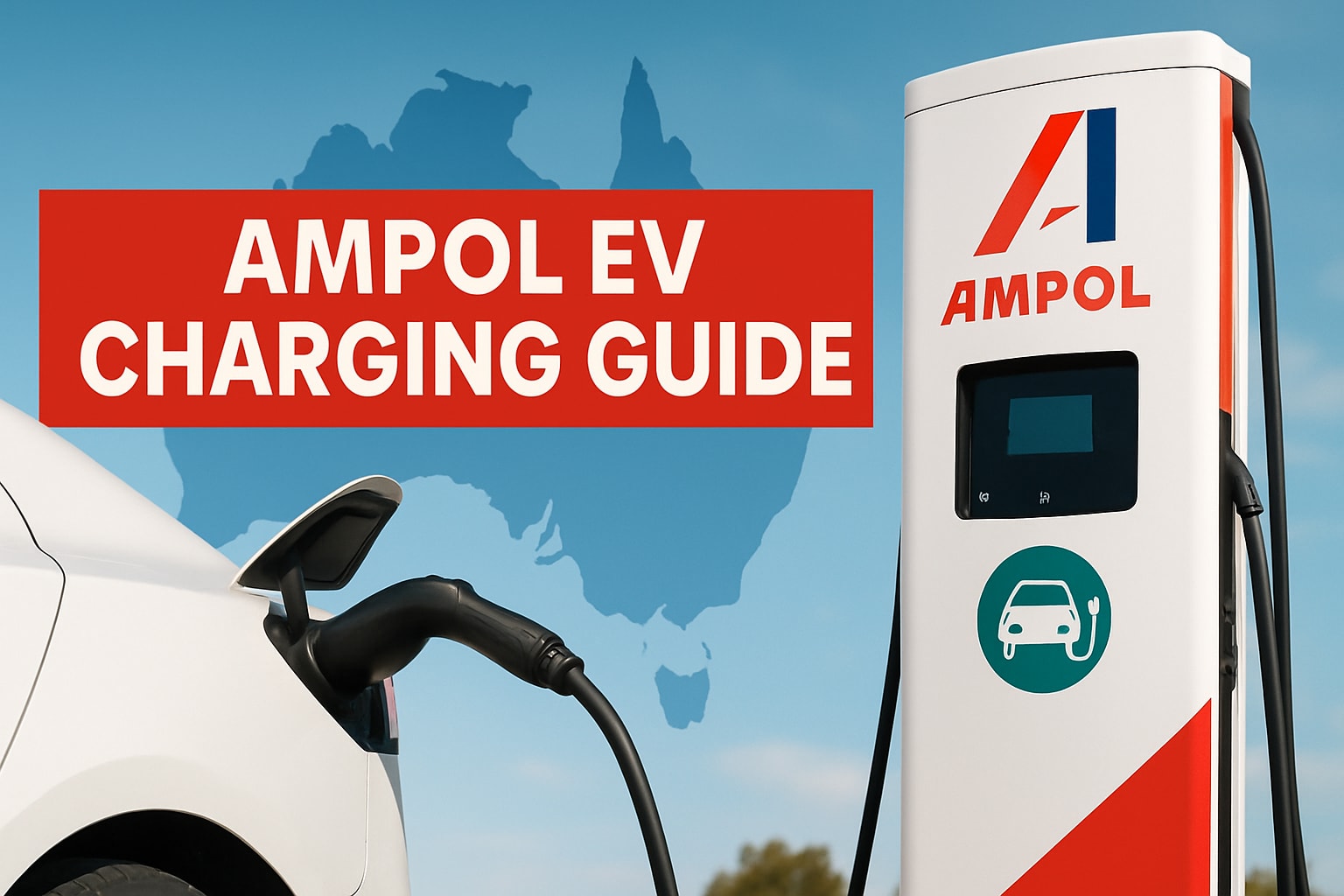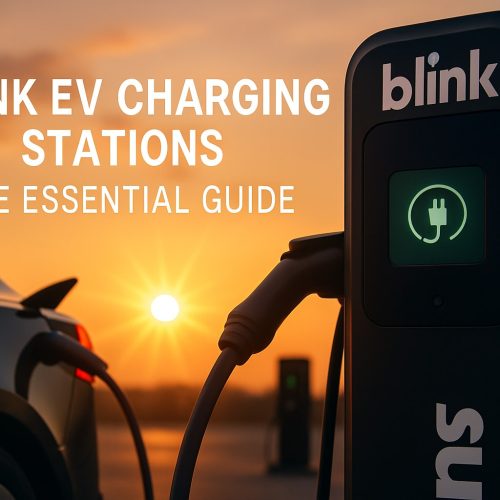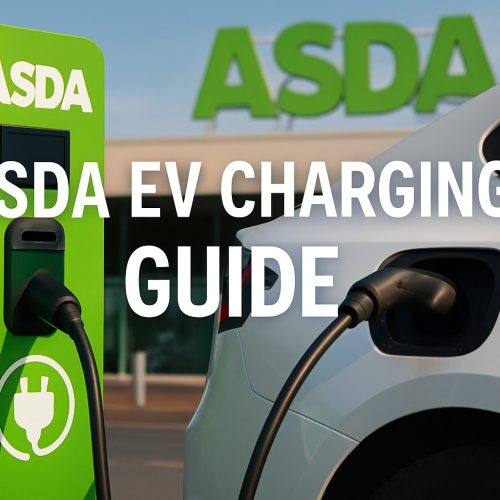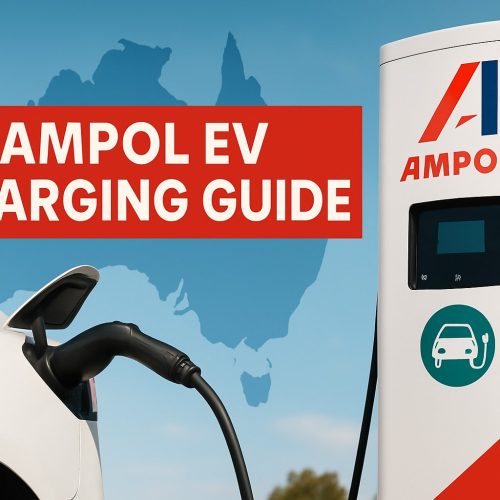Electric vehicles (EVs) have gained significant popularity in recent years as more people aim to reduce their carbon footprint and transition to sustainable transportation options. With the increasing demand for EVs, the availability of charging infrastructure has also become crucial. One common question among EV owners and potential buyers is whether EV chargers are free. In this article, we will explore the costs associated with EV charging and discuss the factors that determine whether or not EV chargers are free.
Understanding EV Chargers
Before delving into the topic of free EV chargers, it is essential to understand the different types of electric vehicle chargers. EVs can be charged using different power levels, ranging from Level 1 to Level 3. Level 1 chargers usually come with the vehicle and can be plugged into a standard household outlet. While these chargers are convenient, they are relatively slow, providing about 2 to 5 miles of range per hour of charging.
Level 2 chargers, on the other hand, require installation and offer faster charging speeds. These chargers use a 240-volt power source and provide an average of 10 to 30 miles of range per hour. Level 2 chargers are commonly found in residential areas, workplaces, and public charging stations.
Level 3 chargers, also known as DC fast chargers, are the fastest charging option available. These chargers utilize high-powered direct current (DC) to deliver a significant amount of charge to an EV battery in a short period. Level 3 chargers can provide up to 80% or more of an EV’s battery capacity in approximately 30 minutes. These chargers are typically located along major highways, making long-distance travel more convenient for EV owners.
It’s important to note that the cost of EV chargers varies depending on the charging level and the brand. While some Level 1 chargers come with the vehicle, Level 2 and Level 3 chargers generally require separate purchases and installations.
EV Charging Costs
Now, let’s address the question of whether EV chargers are free. The answer is that it depends on the charging station. While some charging stations offer free charging, many others require payment. The cost of charging your EV can vary depending on several factors, including the location, charging speed, and the charging network or station provider.
Public charging stations operated by companies or charging networks usually require a fee for EV charging. These fees can be structured in different ways, such as per kilowatt-hour (kWh) or per minute of charging. Some stations may also have a base fee in addition to the per-unit charge. The exact pricing details can vary between regions and charging networks.
To better understand the charging costs associated with different charging networks and station providers, it is advisable to check their respective websites or mobile applications. These platforms typically provide information on pricing plans, available discounts, and any associated membership fees. Additionally, some EV manufacturers may offer their own charging networks or exclusive access to certain charging stations, often with perks like discounted rates or free charging.
It is worth noting that several public charging networks offer free charging for a promotional or trial period to encourage more EV adoption and usage. These free charging opportunities can be advantageous for EV owners, especially during the initial stages of EV ownership or when exploring new charging networks.
Aside from public charging stations, EV owners also have the option to charge their vehicles at home. Home charging is often considered the most convenient and cost-effective method for daily charging needs. By installing a Level 2 charger at home, EV owners can conveniently recharge their vehicles overnight or during periods of non-use, ensuring an ample supply of battery power for daily commuting.
Charging at home allows EV owners to take advantage of off-peak electricity rates, which are usually lower than peak hours. While the cost of electricity for home charging varies by region, it typically amounts to a fraction of the price per kWh compared to public charging fees. Additionally, by using renewable energy sources at home, such as solar panels, EV owners can further reduce their carbon footprint and lower their charging costs.
Table 1: Comparison of Different Types of EV Chargers
| Charger Type | Installation | Charging Speed | Average Range Gained per Hour |
|---|---|---|---|
| Level 1 | Plug-and-play | Slow | 2-5 miles |
| Level 2 | Requires installation | Moderate | 10-30 miles |
| Level 3 | Requires installation | Fast | Up to 80% in 30 minutes |
In conclusion, while there are charging stations that offer free EV charging, not all chargers come at no cost. EV owners should be prepared to pay for charging services at many public stations. However, the availability of home charging further reduces the reliance on public charging networks and provides a cost-effective option for daily charging needs. Understanding the costs and availability of EV charging is crucial for EV owners and those considering the switch to electric vehicles.
Understanding EV Chargers
Before delving into the topic of free EV chargers, it is essential to understand the different types of electric vehicle chargers. EVs can be charged using different power levels, ranging from Level 1 to Level 3. Level 1 chargers usually come with the vehicle and can be plugged into a standard household outlet. While these chargers are convenient, they are relatively slow, providing about 2 to 5 miles of range per hour of charging.
Level 2 chargers, on the other hand, require installation and offer faster charging speeds. These chargers use a 240-volt power source and provide an average of 10 to 30 miles of range per hour. Level 2 chargers are commonly found in residential areas, workplaces, and public charging stations.
Level 3 chargers, also known as DC fast chargers, are the fastest charging option available. These chargers utilize high-powered direct current (DC) to deliver a significant amount of charge to an EV battery in a short period. Level 3 chargers can provide up to 80% or more of an EV’s battery capacity in approximately 30 minutes. These chargers are typically located along major highways, making long-distance travel more convenient for EV owners.
It’s important to note that the cost of EV chargers varies depending on the charging level and the brand. While some Level 1 chargers come with the vehicle, Level 2 and Level 3 chargers generally require separate purchases and installations.
Table 1: Comparison of Different Types of EV Chargers
| Charger Type | Installation | Charging Speed | Average Range Gained per Hour |
|---|---|---|---|
| Level 1 | Plug-and-play | Slow | 2-5 miles |
| Level 2 | Requires installation | Moderate | 10-30 miles |
| Level 3 | Requires installation | Fast | Up to 80% in 30 minutes |
EV owners should consider their charging needs, lifestyle, and budget when selecting the appropriate charger for their vehicles. A Level 2 charger is often a popular choice for residential charging due to its moderate charging speed and relatively affordable installation cost. However, drivers who frequently embark on long-distance trips may find Level 3 chargers more advantageous due to their rapid charging capabilities.
In addition to the charger type, EV owners should also consider the amperage (A) of the charger when making their selection. The higher the amperage, the faster the charging time. However, it’s important to ensure that the electrical panel and circuitry in the home can handle the amperage required by the charger.
To determine the amperage needed to charge an EV, owners should consult the vehicle’s manual or contact the manufacturer. Additionally, professional electricians can assess the electrical system in the home and provide guidance on the appropriate charger and amperage.

EV Charging Costs
Now, let’s address the question of whether EV chargers are free. The answer is that it depends on the charging station. While some charging stations offer free charging, many others require payment. The cost of charging your EV can vary depending on several factors, including the location, charging speed, and the charging network or station provider.
Public charging stations operated by companies or charging networks usually require a fee for EV charging. These fees can be structured in different ways, such as per kilowatt-hour (kWh) or per minute of charging. Some stations may also have a base fee in addition to the per-unit charge. The exact pricing details can vary between regions and charging networks.
To better understand the charging costs associated with different charging networks and station providers, it is advisable to check their respective websites or mobile applications. These platforms typically provide information on pricing plans, available discounts, and any associated membership fees. Additionally, some EV manufacturers may offer their own charging networks or exclusive access to certain charging stations, often with perks like discounted rates or free charging.
It is worth noting that several public charging networks offer free charging for a promotional or trial period to encourage more EV adoption and usage. These free charging opportunities can be advantageous for EV owners, especially during the initial stages of EV ownership or when exploring new charging networks.
Aside from public charging stations, EV owners also have the option to charge their vehicles at home. Home charging is often considered the most convenient and cost-effective method for daily charging needs. By installing a Level 2 charger at home, EV owners can conveniently recharge their vehicles overnight or during periods of non-use, ensuring an ample supply of battery power for daily commuting.
Charging at home allows EV owners to take advantage of off-peak electricity rates, which are usually lower than peak hours. While the cost of electricity for home charging varies by region, it typically amounts to a fraction of the price per kWh compared to public charging fees. Additionally, by using renewable energy sources at home, such as solar panels, EV owners can further reduce their carbon footprint and lower their charging costs.
Table 2: Charging Cost Comparison for Public Charging vs. Home Charging
| Charging Method | Cost per kWh | Average Cost per Hour |
|---|---|---|
| Public Charging | Varies | Varies |
| Home Charging | Variable | Fraction of public charging cost |
EV owners should consider both the convenience and cost-effectiveness of home charging when assessing their overall charging strategy. The ability to charge at home eliminates the need for frequent visits to public charging## Charging at Home
For many EV owners, charging their vehicles at home is the most convenient and cost-effective option. It allows them to have a dedicated charging station, ensuring that their vehicle is always ready for daily use. Here is a comprehensive guide to electric vehicle home charging, including important considerations and benefits.
Guide to Electric Vehicle Home Charging
- Installation: Installing a Level 2 charging station at home typically requires professional installation. It involves mounting the charging unit and connecting it to the electrical panel with the appropriate wiring. It is recommended to hire a licensed electrician to ensure a safe and efficient installation.
- Amperage and Capacity: When choosing a home charging station, it is important to consider the amperage (A) and capacity of your electrical system. The higher the amperage, the faster your EV will charge. However, you must ensure that your electrical panel and circuitry can support the amperage required by the charger.
- Charging Speed: A Level 2 charger delivers faster charging speeds compared to a Level 1 charger. With a Level 2 charger, you can typically add 10 to 30 miles of range per hour, depending on the charger’s output and your vehicle’s specifications.
- Smart Charging Features: Some home charging stations come with smart charging features that allow you to schedule charging sessions, monitor energy usage, and even integrate with smart home systems. These features enable you to optimize your charging experience and take advantage of off-peak electricity rates.
Safety Considerations at Home Charging Stations
While charging your EV at home is generally safe, it is essential to follow proper safety guidelines to mitigate any potential risks. Here are some important safety considerations:
- Proper Installation: Ensure that the charging station is installed correctly by a qualified electrician. This includes using the appropriate wiring, securing the charging unit properly, and following all local electrical codes and regulations.
- Weather Protection: If your charging station is installed outdoors, make sure it is adequately protected from rain, snow, and extreme weather conditions. Opt for weatherproof and durable charging stations to prevent any damage to the unit.
- Electrical Panel Capacity: Before installing a Level 2 charger, have a professional electrician assess your home’s electrical panel capacity. Upgrading the electrical panel may be necessary to accommodate the increased load from the charger.
- User Safety: Follow all manufacturer recommendations and instructions for using the charging station. Avoid using damaged or frayed charging cables, and ensure a proper connection between the cable and vehicle inlet. Regularly inspect the charging equipment for any signs of wear or damage and replace any faulty components.
Benefits of EV Charge Cable Extension Solutions
In some cases, the standard charging cable that comes with your electric vehicle may not reach the charging port due to parking constraints or the distance between your vehicle and the charging station. In such situations, EV charge cable extension solutions can be helpful. Here are some benefits of using these extension solutions:
- Versatility: EV charge cable extension solutions provide additional length to the charging cable, allowing you to park your vehicle at a more convenient location while still reaching the charging station. This flexibility can be particularly useful in tight parking spaces or when the charging station is located farther away.
- Convenience: With an extension solution, you won’t have to worry about rearranging your parking spot or finding a closer charging station. The added length gives you the freedom to position your vehicle in the most convenient location while still having access to the charging station.
- Compatibility: EV charge cable extension solutions are designed to be compatible with various electric vehicle models and charging equipment. They typically feature standardized connectors, ensuring a secure and reliable connection between the extension cable, the charging cable, and the vehicle inlet.
- Safety: Reputable EV charge cable extension solutions undergo rigorous testing to meet safety standards. They are designed to handle the electrical load of charging without compromising safety or performance. It is crucial to choose extension solutions from trusted manufacturers, ensuring the highest level of quality and reliability.
When using EV charge cable extension solutions, it is important to follow the manufacturer’s recommendations and guidelines to ensure safe and efficient charging. Regularly inspect the cables for any signs of damage or wear, and replace any faulty components promptly.
In conclusion, charging an electric vehicle at home offers convenience and cost-effectiveness. With the installation of a Level 2 charging station, EV owners can conveniently recharge their vehicles overnight or during non-use periods. Safety considerations, such as proper installation and choosing reliable charging equipment, are essential to ensure a safe charging experience. Additionally, EV charge cable extension solutions provide added flexibility and convenience for those facing parking constraints or long distances between their vehicles and charging stations. By leveraging home charging options and utilizing extension solutions when needed, EV owners can optimize their charging experience and reduce their reliance on public charging networks.
Public Charging Stations
While charging at home is convenient, public charging stations play a crucial role in expanding EV infrastructure and providing charging opportunities for EV owners on the go. Let’s explore the current state of public charging stations and discuss the latest updates in wireless EV charging technology.
Wireless EV Charging Technology Updates
Wireless EV charging, also known as inductive charging, is a promising advancement in EV charging technology. It eliminates the need for physical cables and connectors, making charging even more convenient. Here are some recent updates in wireless EV charging:
- Plugless Charging Systems: Several companies offer plugless charging systems that use wireless technology to charge electric vehicles.
Key Takeaways
These systems consist of a charging pad installed on the ground and a receiver attached to the underside of the vehicle. When the vehicle is parked over the charging pad, power is transferred wirelessly from the pad to the receiver, enabling charging without the need for physical cables.
- Resonant Inductive Charging: Resonant inductive charging is a wireless charging technology that allows for charging over longer distances. This technology uses resonant magnetic fields to transfer power between a charging pad on the ground and a receiving pad on the vehicle. With resonant inductive charging, EV owners can charge their vehicles simply by parking over a designated area, eliminating the need for precise alignment with a charging pad.
- Dynamic Wireless Charging: Dynamic wireless charging is an innovative technology that allows for charging while driving. This technology works by embedding charging infrastructure into the road, so as the vehicle passes over the charged roadway, it receives power wirelessly. Dynamic wireless charging allows for continuous charging while driving, making it a convenient solution for long-distance travel.
It’s important to note that wireless EV charging technology is still in its early stages of development and deployment. While there are ongoing trials and pilot projects, widespread implementation of wireless charging infrastructure may take some time. However, with advancements in technology and growing support for EV adoption, wireless charging has the potential to revolutionize the way we charge electric vehicles in the future.
Table 1: Wireless EV Charging Technologies
| Wireless Charging Technology | Description |
|---|---|
| Plugless Charging Systems | Charging pad on the ground transfers power wirelessly to a receiver on the vehicle. |
| Resonant Inductive Charging | Uses resonant magnetic fields to transfer power between a charging pad on the ground and a receiving pad on the vehicle. |
| Dynamic Wireless Charging | Charging infrastructure embedded in the road wirelessly transfers power to the vehicle as it drives over the charged roadway. |
In conclusion, while wireless EV charging technology is still evolving, it holds great potential for improving the convenience and accessibility of EV charging. As more advancements are made and infrastructure is developed, wireless charging may become more widely available, making charging even more seamless for EV owners.
